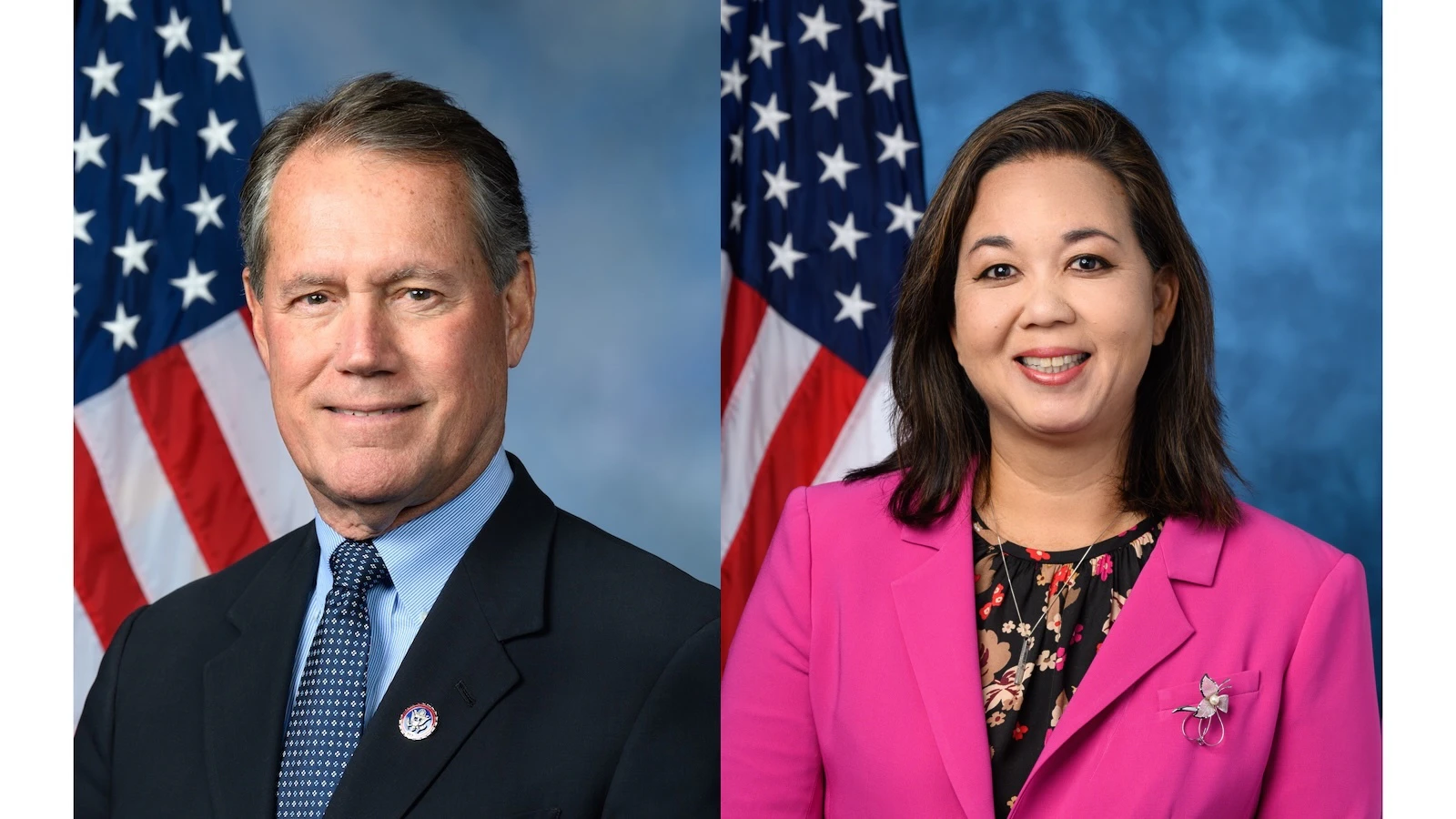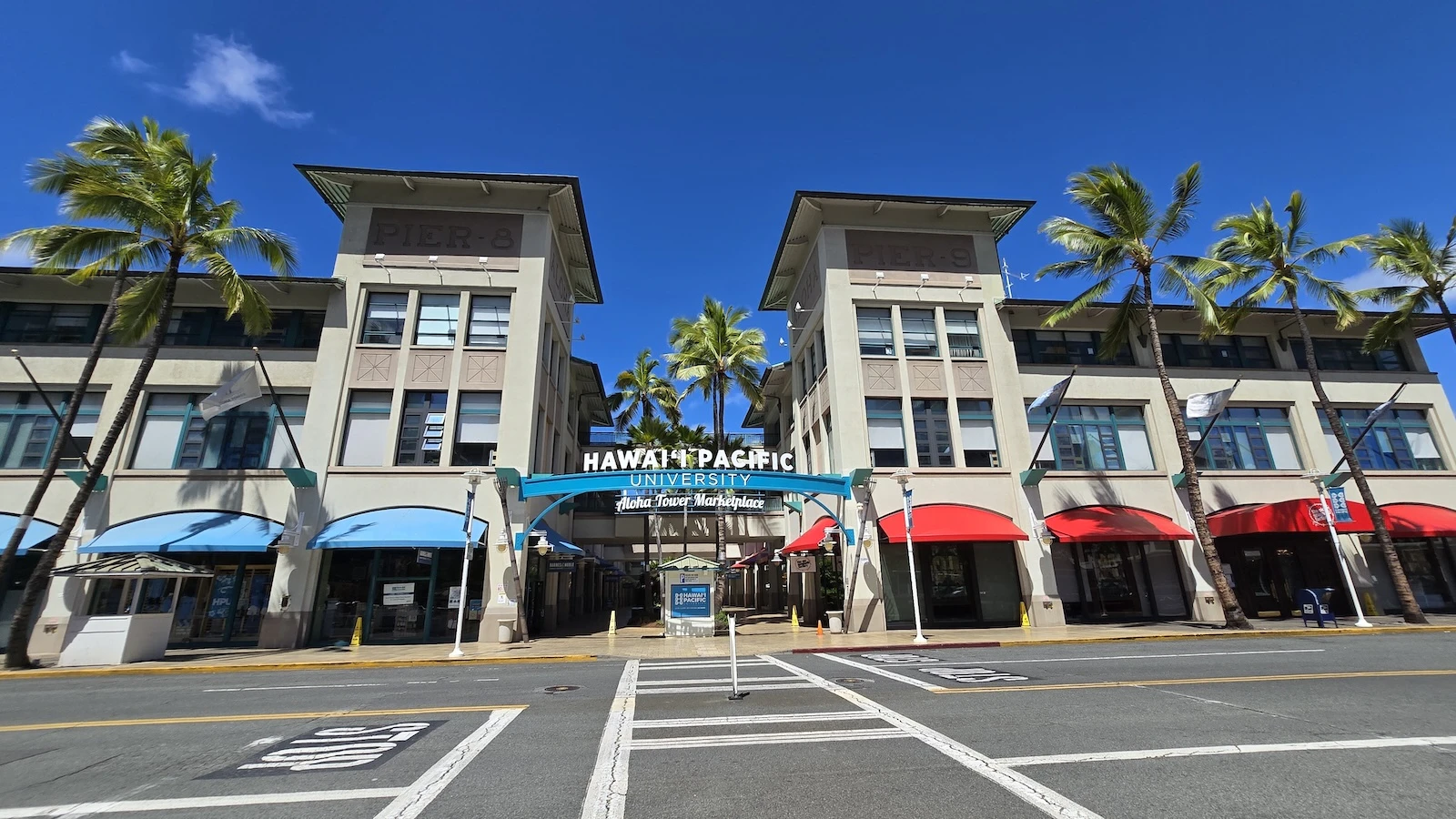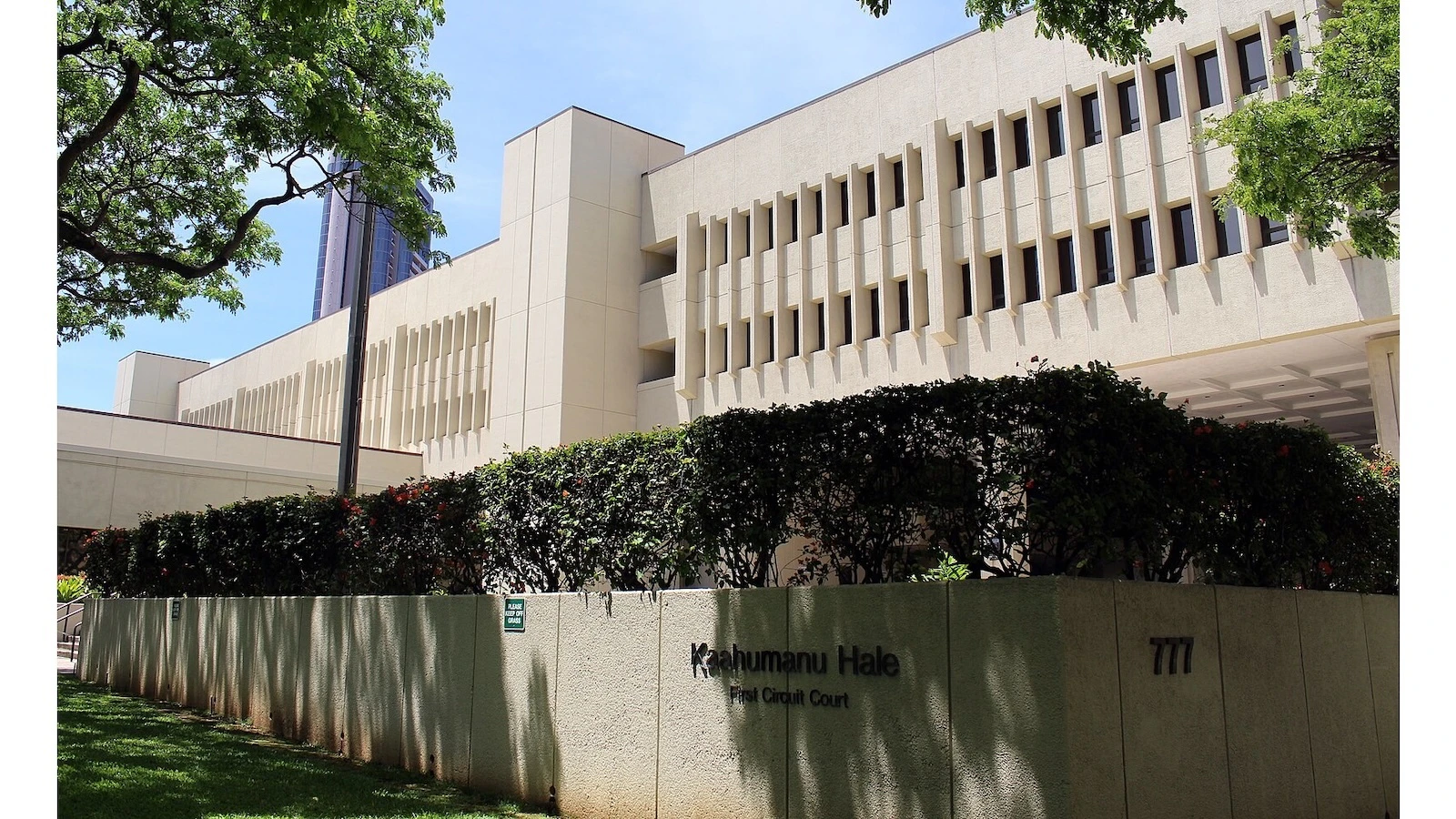Seth Colby, Hawai‘i's new chief state economist, didn't start out in economics.
He studied biological sciences as an undergrad at the University of California, Davis, and went into the Peace Corps as an agroforestry volunteer, he recently told Aloha State Daily. But for Colby, the question of 'why' has been a driver behind his work and later economic studies.
Earlier this month, Colby was appointed to his new role by the state Department of Business, Economic Development and Tourism. As the chief state economist, he's the administrator for the department's Research and Economic Development Division and oversees the "comprehensive data collection, analysis and reporting" on the various segments of the state's economy.
"When I was in the Peace Corps [from 2001 to 2005], one of the things I had kind of assumed about life and the world is that you can go there and you just get everybody to work together and we could build a well or we could do everything through community support," he says. "It was pretty clear to me pretty early on that good intentions is not enough to bring billions of people out of poverty."
Colby, who's originally from the San Diego area, says he was living in a remote village in El Salvador where you'd have to walk 40 minutes just to get to his house.
"It occurred to me [that] I was living with people who worked just as hard, if not harder, than most of the people I grew up with. They were definitely smart and they had tools, but why were they living five to eight times poorer than the people I grew up around?" he says. "That didn't really make sense to me."
After three-and-a-half years living there, Colby says he wanted to investigate the question of why some people are poor and others are more well off. He went to graduate school — receiving a master's degree in international relations from The Johns Hopkins School of Advanced International Studies — and dedicated himself to answering that question.
He finished up there and says that coming from the Peace Corps and a nonprofit background, he says he wanted to work in the private sector, going to New York to work in finance.
"I was right there in the middle of the financial crisis [in the early 2000s]. As financial markets were on the verge of collapse, I was right in the middle of it," he says. Colby was laid off but after that got to work with some "pretty prestigious people in Washington, D.C.," he says, including former Secretary Treasury Hank Paulson.
"He was at the center of it all and I got to help him research and write his book, his memoir," Colby recounted.
While he was there, a mentor encouraged him to seek a doctorate.
Colby, who's fluent in both Portuguese and Spanish, received a doctorate in political economy from Johns Hopkins University.
"There I was focusing on this question, again: why aren't a lot of outcomes the same in life, and it still didn't make sense to me, but with a Ph.D., you take the time to dive into those questions."
After receiving his doctorate, Colby, who lived in Brazil for a time, worked for the World Bank and the Inter-American Development Bank. He also spent time working in the Caribbean.
Before stepping into his new role, Colby — who moved to the Islands in 2016 — served as the tax research and planning officer for the state Department of Taxation, where he oversaw the research for Hawai‘i's revenue system, fiscal impacts of proposed legislation and macroeconomic forecasting, according to the state.
"One of the things I loved about the tax department, everybody thinks taxes are super boring, but everybody pays them," he says. "What better way to influence and ensure that there's good, empirically based policies that affect every affect everybody than work at the tax department."
Colby says he loved his job at the Department of Taxation, "and we did a lot of good research on taxes, but it's pretty narrowly focused on tax policy."
But in his new role as state economist, "you touch all levels of the state economy."
"I do think Hawai‘i is at a crossroads," Colby says. "You read the headlines everyday: tons of people are leaving Hawai‘i; there's more Native Hawaiians outside of Hawai‘i than inside of Hawai‘i; housing costs are going up. There [are] a lot of big economic challenges and so we're getting faced with some pretty big questions."
Colby says his new role is to "provide the analysis ... so we can, as a society collectively, decide where we want to go."
He told ASD that he looks at the state's economy over decades, not years. Income in the Islands has been declining over the past three decades.
"[In] the 1970s and ’80s, our income level as a state, which is called total personal income, was above the national average," Colby explained. "Since 1990, we've been declining and declining. We crossed over the national average somewhere in the mid-2000s. Now we're below it and we're struggling to get up. If you add on to our cost of living here, we're really struggling, right?
"In the longer-term, we have to make some pretty big decisions about how we want organize ourselves."
In the short-term, and much like the national economy, Colby says the state benefited from the "fiscal stimulus coming out of Covid."
Now, people have spent that money, "the economy is not contracting, but it's de-accelerating because of the tariffs and things like that, so we're going to be sliding down into a lower-term trajectory over the medium-term."
“We are excited to welcome Seth as our new chief state economist,” DBEDT Director James Kunane Tokioka said in the announcement earlier this month. “At DBEDT, our mission is to promote a Hawai‘i economy that embraces innovation and is globally competitive, dynamic and productive. To accomplish this, we rely on the economic analyses and statistics from READ. I look forward to Seth leading these efforts, building on READ’s strong reputation for providing work products that are crucial for informed decision-making by the public and private sectors.”
According to the state, Colby is just the fourth person to serve as the chief state economist. He succeeds Eugene Tian, who retired in May after 15 years in the role.
For more on Hawai‘i's economic history, check out the release of the new Hawai‘i State Data Book.
For the latest news of Hawai‘i, sign up here for our free Daily Edition newsletter.
Stephanie Salmons can be reached at stephanie@alohastatedaily.com.





